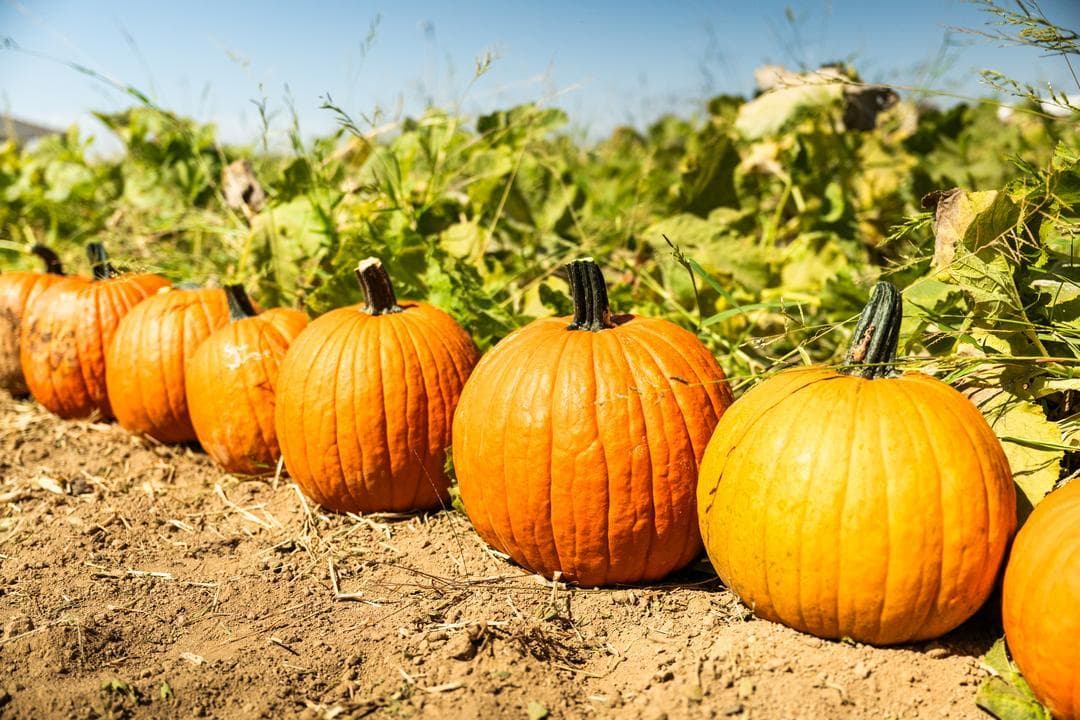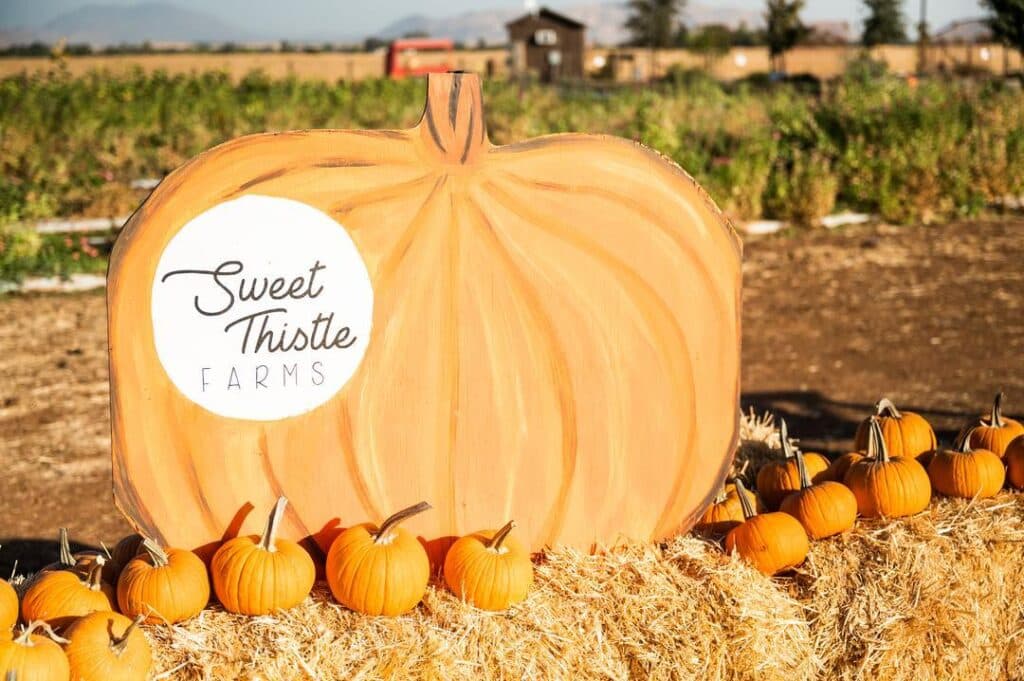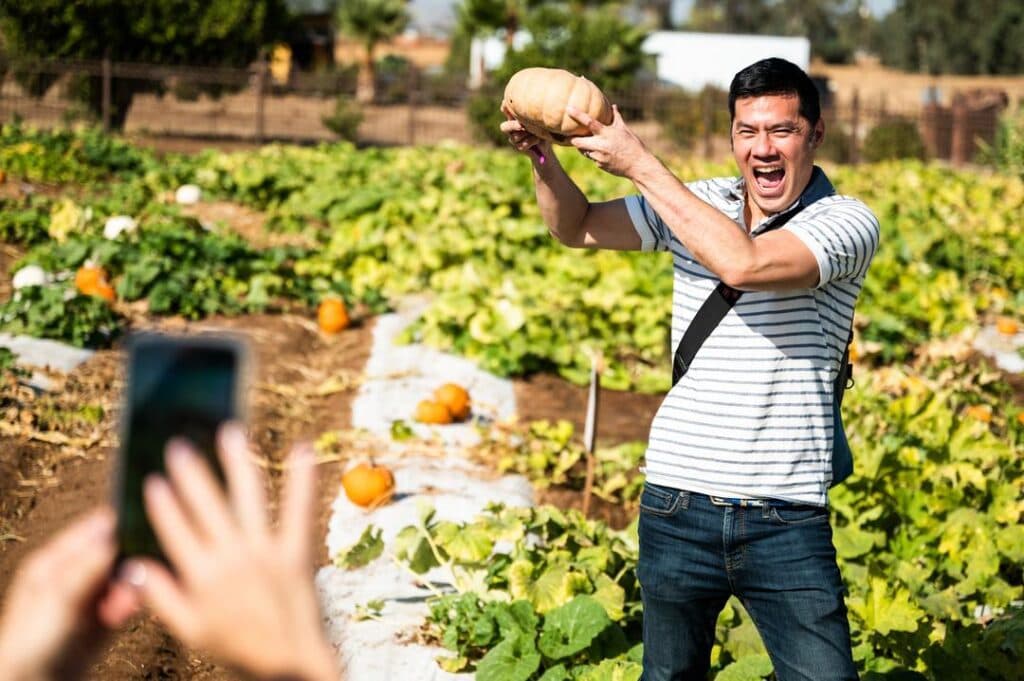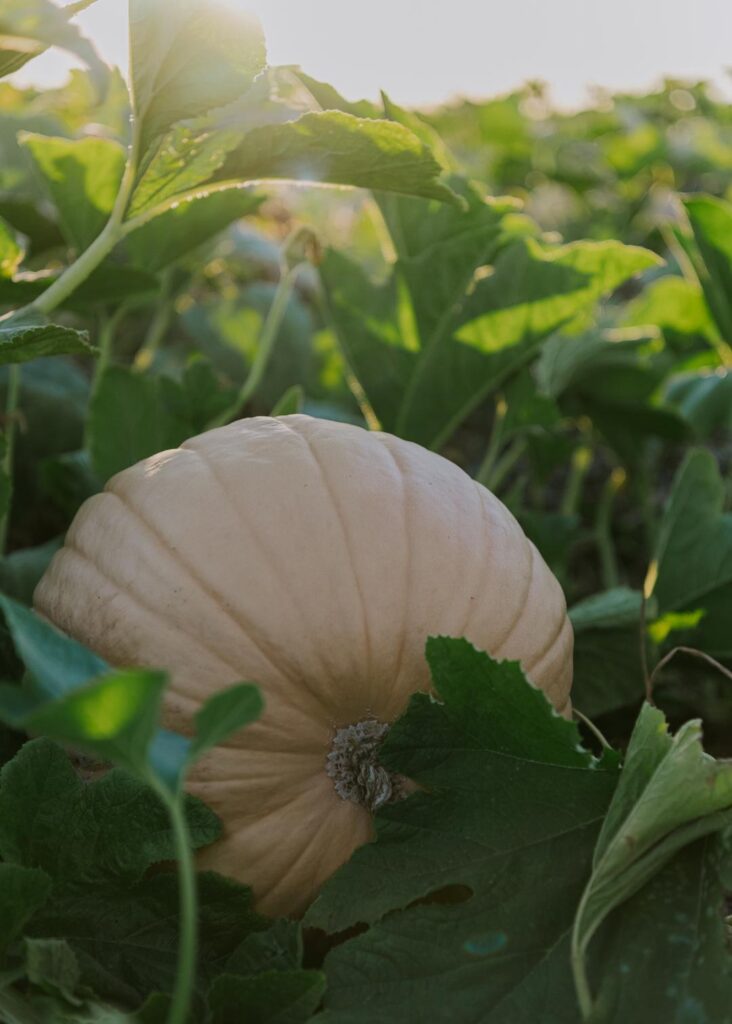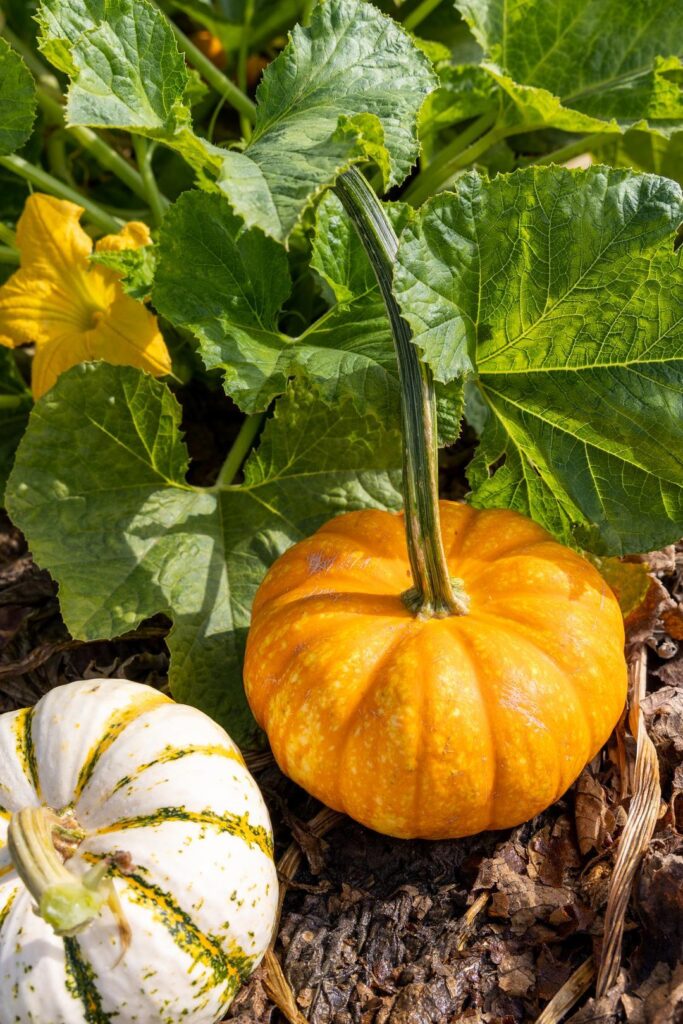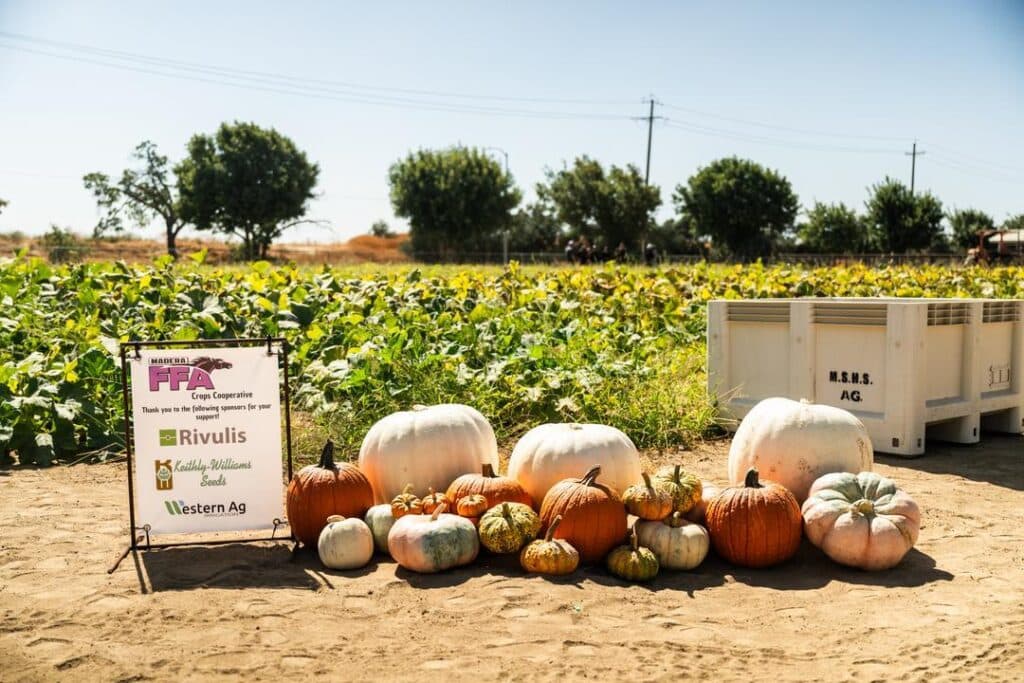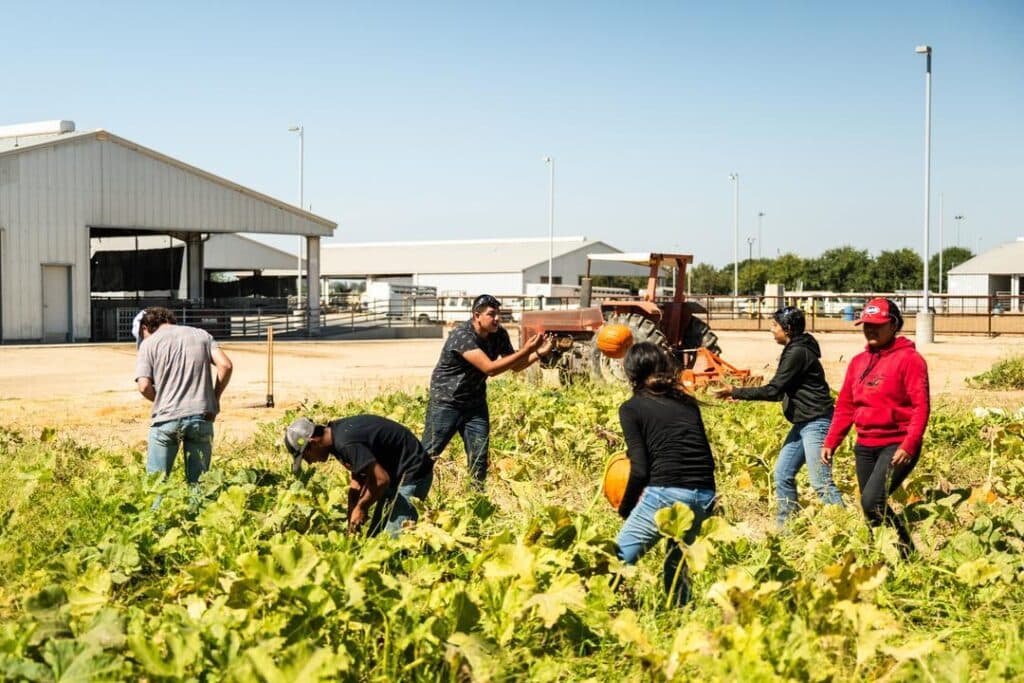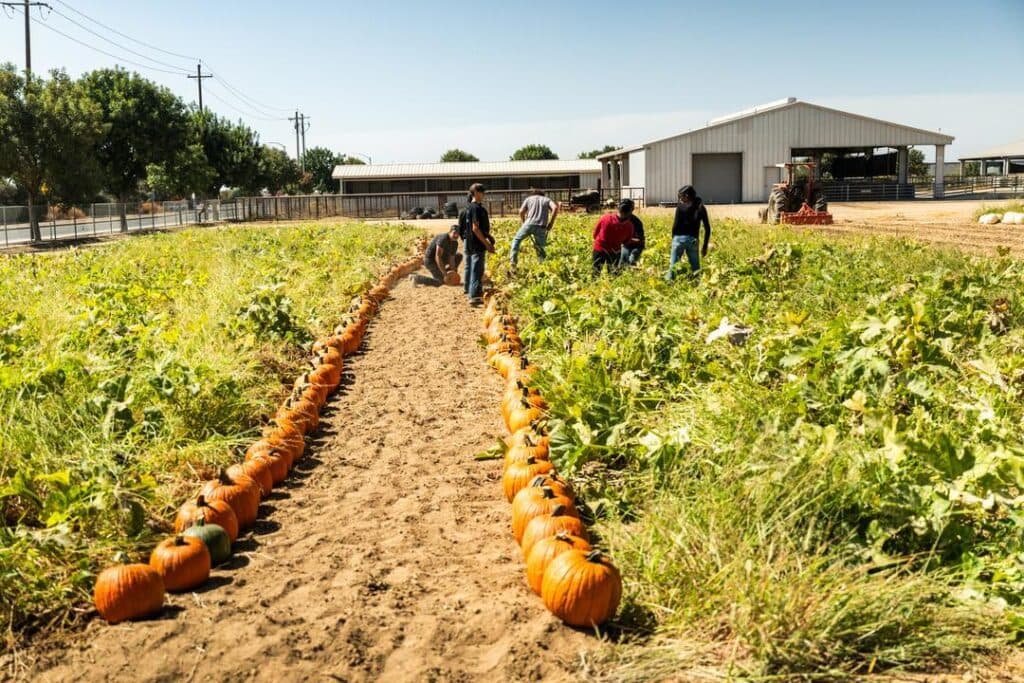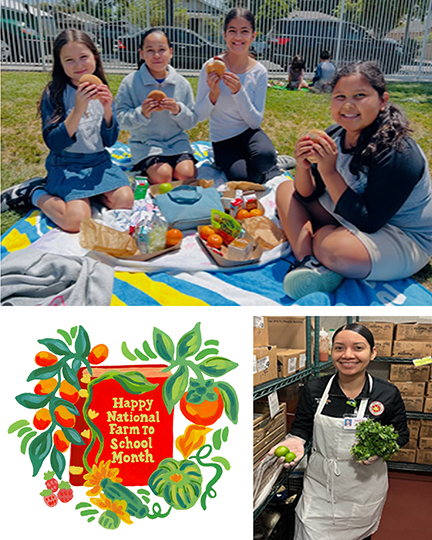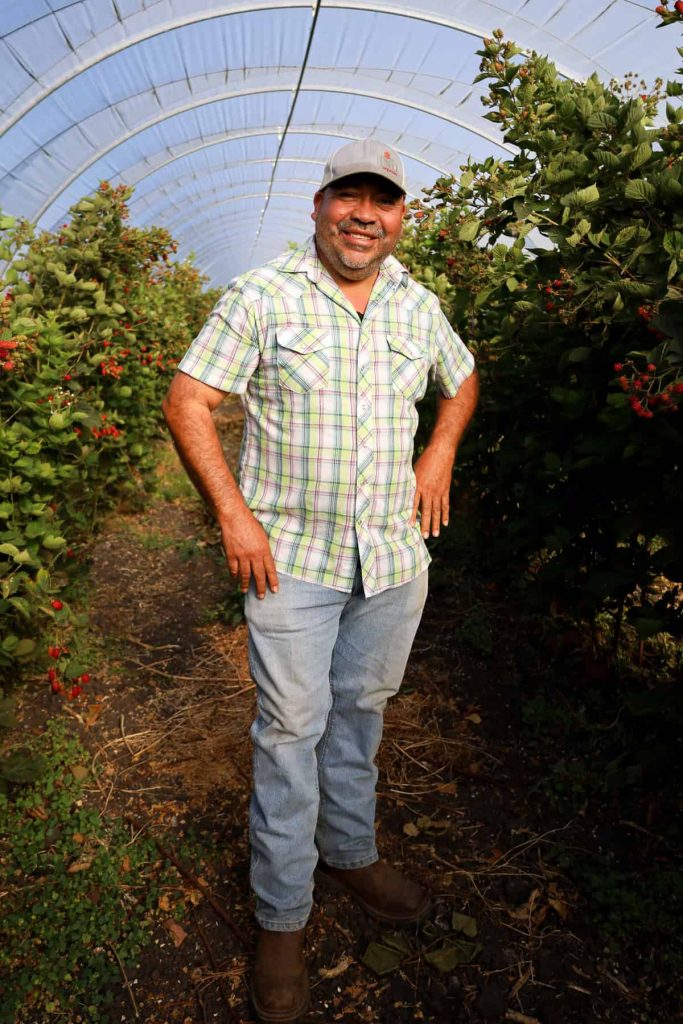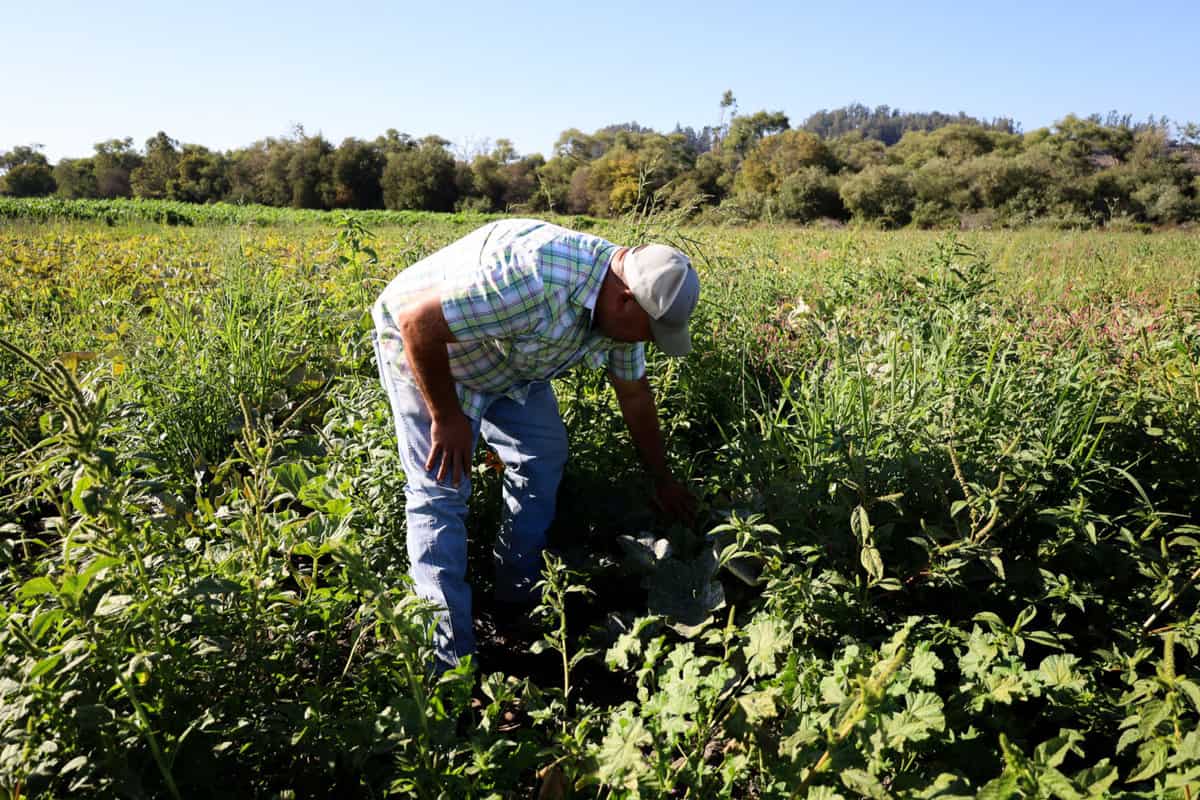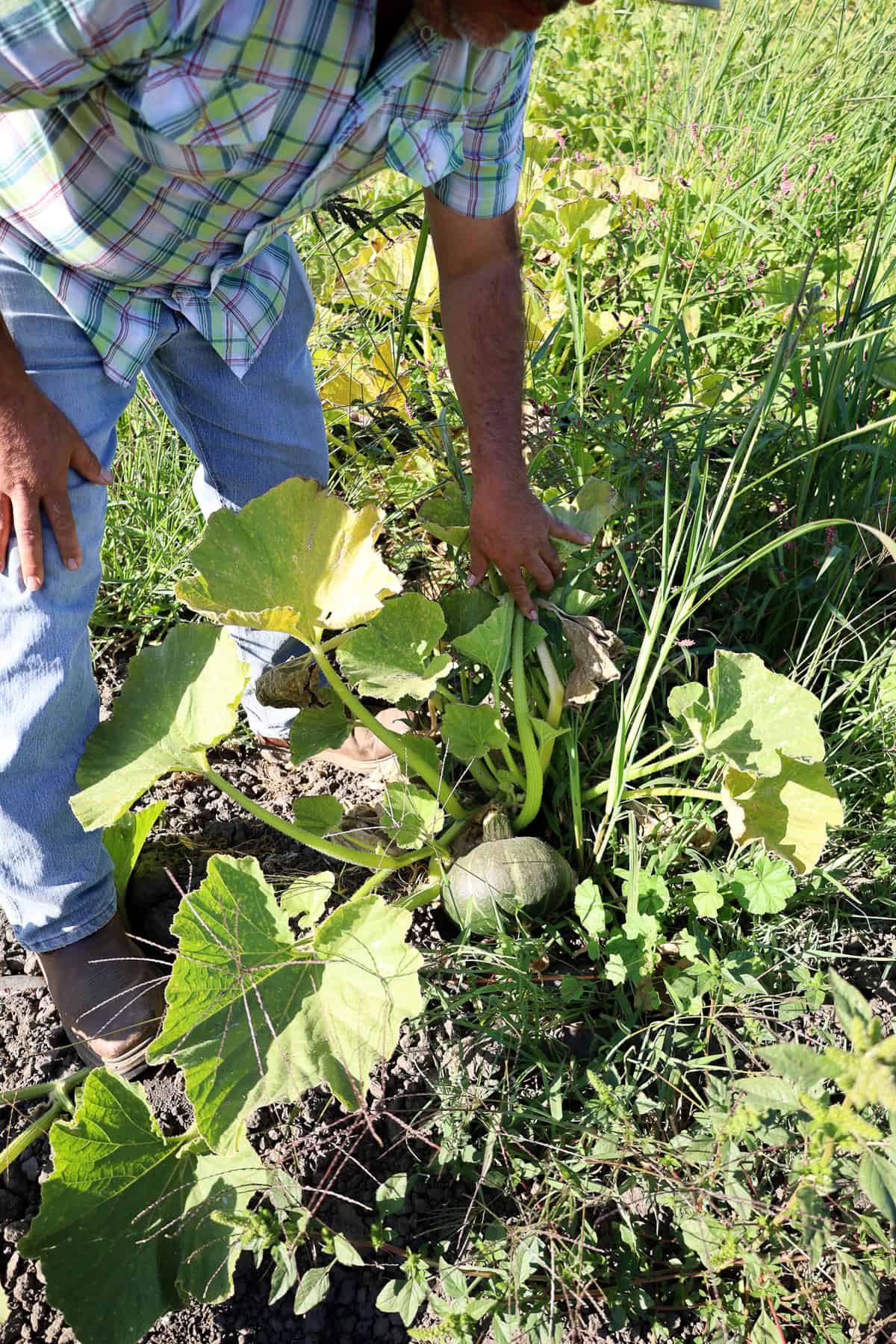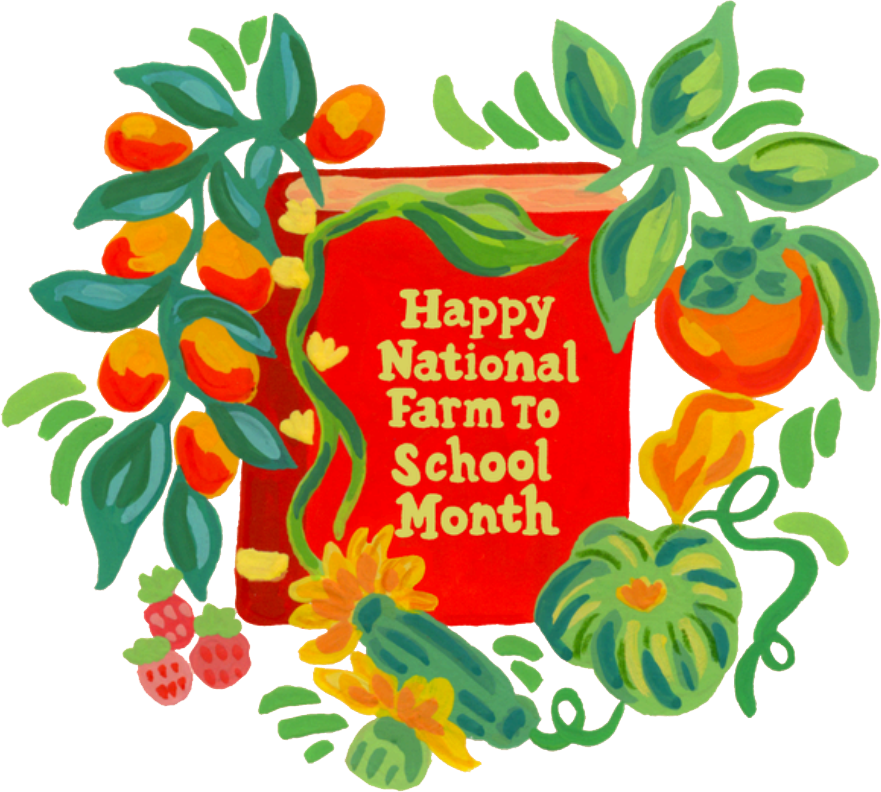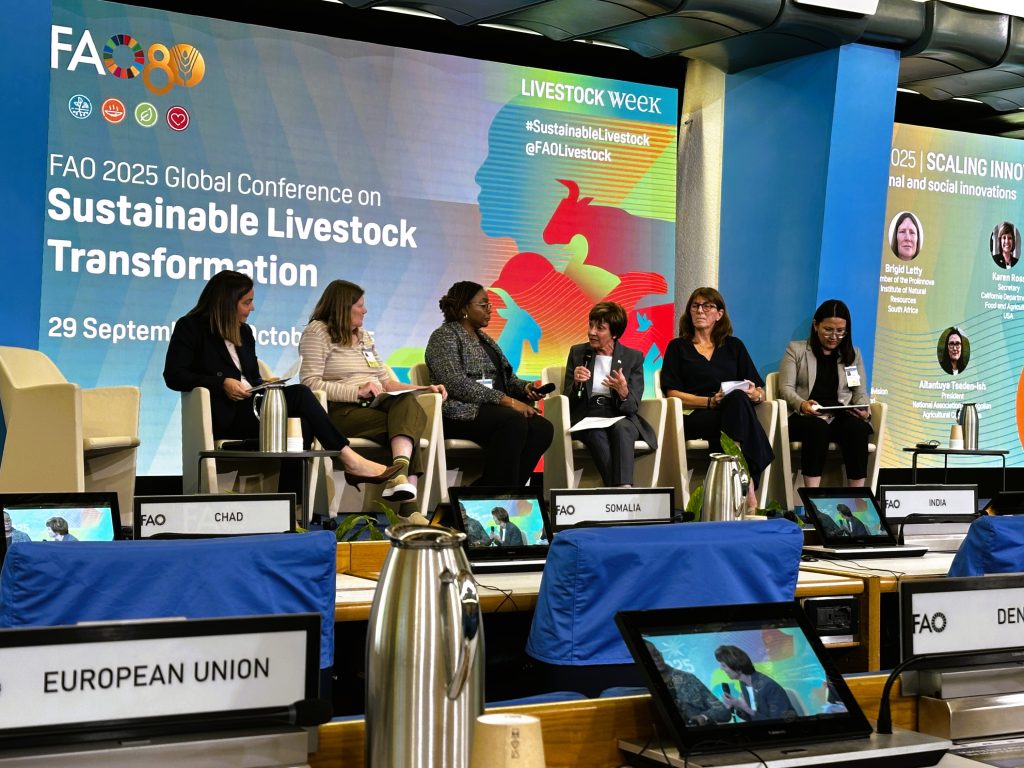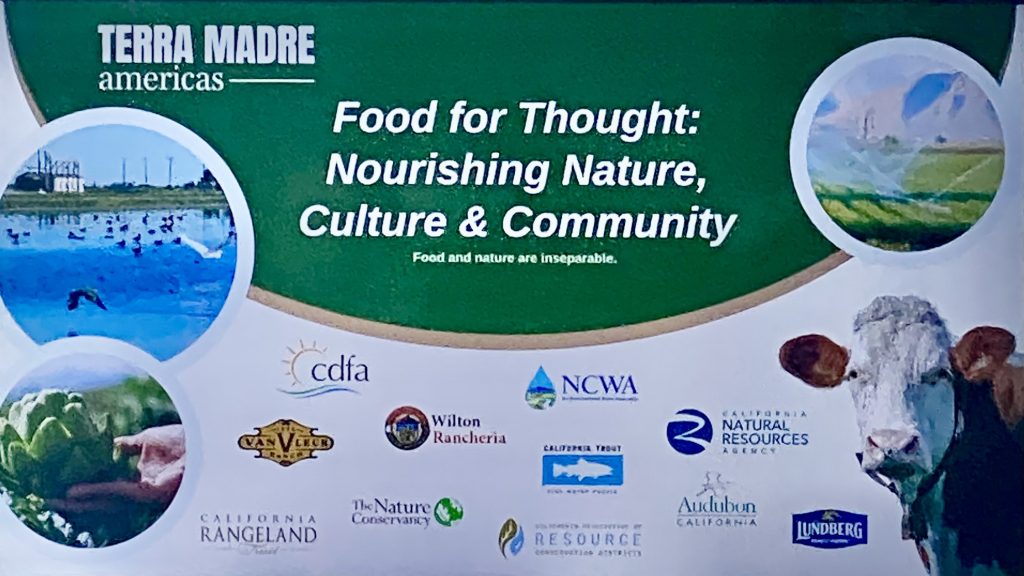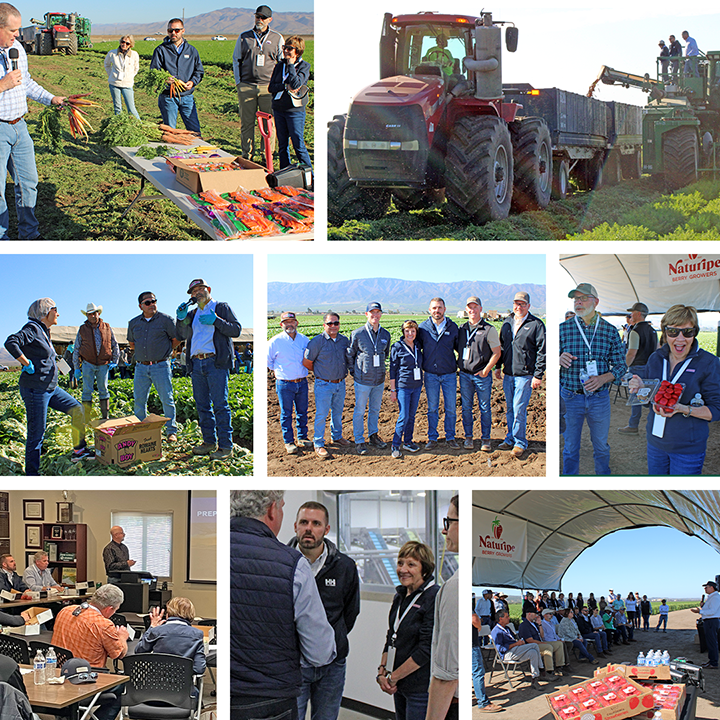Listen to the interview with Secretary Ross, beginning at 25:00
A Visit to Reedley: California’s Ag Secretary Engages with the Valley
California Agriculture Secretary Karen Ross joined The Ag Meter host Nick Papagni at Reedley College to discuss the challenges and opportunities shaping California agriculture. The conversation, held on the east side of the San Joaquin Valley, covered everything from workforce development and ag tech innovation to water storage and the future of food production in the Golden State.
“It is a beautiful day at a beautiful campus,” Ross said, praising Reedley College for its leadership in agricultural education and workforce advancement. She highlighted how important it is for her to travel across the state to hear directly from regional leaders and farmers.
“For all the sameness in farming, if you’ve seen one farm, you’ve seen one farm,” Ross noted. “Understanding regional specifics helps us see where people are working together to really lean into the future.
Preparing Farmworkers for the Future of Ag Tech
Ross praised Reedley College’s competency-based certificate programs that help incumbent farmworkers gain new skills for the evolving agricultural workforce. With the rise of automation and precision technology, Ross emphasized the importance of ensuring that “no one is left behind.”
“It’s the science and technology that will attract young people to see that agriculture isn’t what they thought it was,” she said. “These are really awesome opportunities for young people who love their rural communities and want great jobs for their families.”
Facing 2026: Headwinds and Hope in California Farming
When asked about her biggest concerns heading into 2026, Ross reflected on the many pressures facing agriculture today — from market volatility and labor challenges to climate change and regulatory burdens.
“There are so many pressures on margins,” she said. “Then you compound that with changing weather patterns, the implementation of SGMA, and ongoing immigration and labor issues. These are all piling up.”
Despite the headwinds, Ross emphasized collaboration, education, and technology as key solutions. She discussed how the state is encouraging circular economy innovations, such as turning farm waste into renewable energy and compost alternatives to synthetic fertilizers.
“There are opportunities in conversion technologies,” she said. “We’re talking about taking waste that costs money to remove from the farm and turning it into value.”
Ross also sees opportunity in a growing national dialogue around nutrition. “We’ve never seen this much focus on diet and health as a way to prevent chronic disease,” she said. “If we help people eat better, we improve outcomes — and what a great time to be growing the fabulous food that we do here in California.”
The Water Challenge: Droughts, Floods, and Future Storage
No discussion about California agriculture is complete without talking about water. Papagni pressed Ross on whether the Central Valley would ever find lasting solutions for water storage.
Ross described the state’s complex efforts to adapt to changing precipitation patterns and warmer winters that alter snowmelt and flood timing. She pointed to seven major water storage projects already approved under Proposition 1, including the long-anticipated Sites Reservoir project.
“It’ll be the biggest new large-scale off-stream storage project,” Ross said. “Underground storage also has huge capacity. If we can get that water underground during peak flows, it becomes our bank account for drought.”
Ross emphasized that California’s future depends on a diverse water strategy — a “menu” that includes conservation, groundwater recharge, brackish water cleanup, and better management of local basins.
“There’s no life without water,” she said. “And there’s no agriculture without it. If we can figure out water solutions in California, that innovation itself could become an export.”
Connecting Sacramento to the Central Valley
Papagni asked how Ross bridges the gap between farmers in the Central Valley and policymakers in Sacramento. Ross said that regional collaboration is key.
“The state’s first-ever economic development plan was built on 13 regions,” she explained. “What works in Long Beach, Reedley, and Humboldt are three very different things. But ag rose up as one of the anchors — we must strengthen it, not weaken it.”
She highlighted the rise of AgTech and life sciences as critical areas of growth, alongside initiatives like the BEAM Circular Economy, which helps farmers generate new revenue streams from sustainable practices.
“I see the future of California in what’s happening in the Central Valley,” Ross said. “F3 Innovate has really set the bar. These are exciting opportunities that build on our great academic institutions and the ingenuity of our farmers.”
A Message to Californians
As the interview wrapped up, Ross shared a personal message for all Californians:
“I want every person who has access to California-grown food to not only value its flavor, quality, safety, and health benefits — but to feel proud,” she said. “What California agriculture produces cannot be easily duplicated anywhere else. That’s something every resident should take pride in.”
California Ag Secretary Karen Ross’s visit to Reedley College underscored a clear vision: investing in people, technology, and water management to sustain agriculture for generations to come.
Her optimism for the future — grounded in education, innovation, and community — is a reminder that the heart of California agriculture still beats strongest in the Central Valley.
Story published on AgNet West Radio Network




